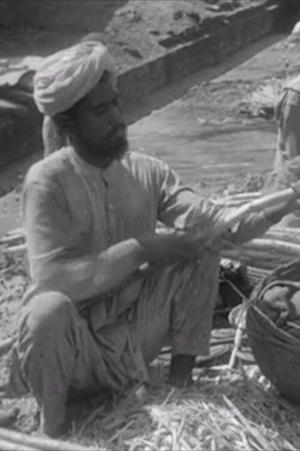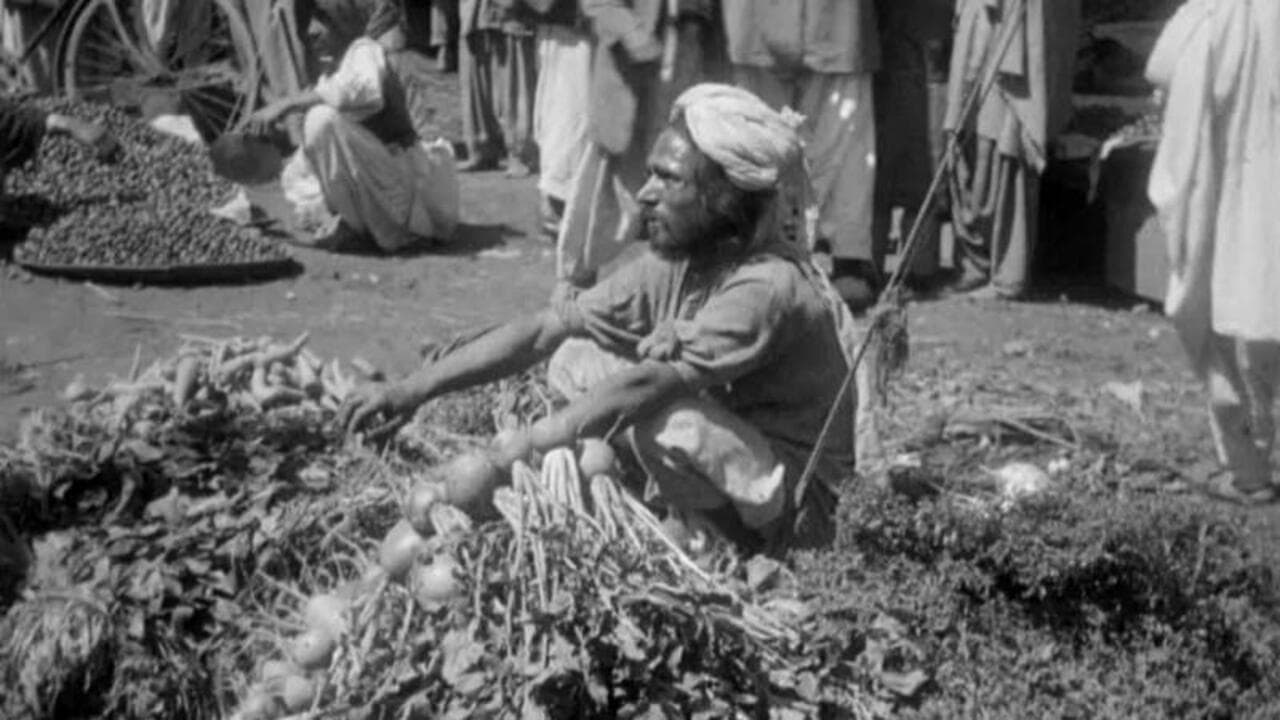
An Eastern Market(1928)
Documentary detailing a farmer’s visit to the market in Rawalpindi.

Movie: An Eastern Market
Video Trailer An Eastern Market
Similar Movies
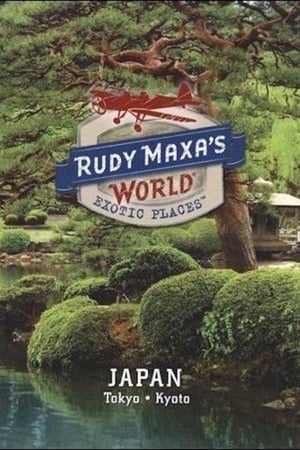 7.0
7.0Rudy Maxa's World Exotic Places: Tokyo, Japan(en)
Rudy can't get enough of the sheer vitality of Tokyo. Exciting, edgy, and full of life, Tokyo is shopping madness by day and a carnival at night. Join the throngs at one of the world's most exciting street intersections to witness its blazing neon and JumboTron shows. Greet the new day at the Tsukiji fish market, where a staggering 2,000 tons of seafood pass through each day. Get caught up in cherry blossom mania, visit distant neighborhoods via the subway, and wander the streets in search of new restaurants, a Tokyo obsession!
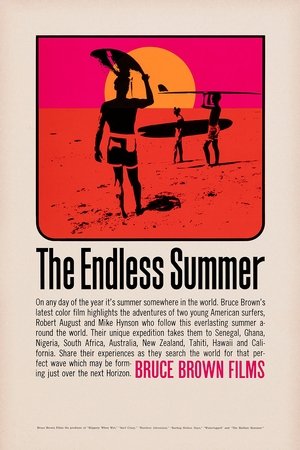 7.2
7.2The Endless Summer(en)
Bruce Brown's The Endless Summer is one of the first and most influential surf movies of all time. The film documents American surfers Mike Hynson and Robert August as they travel the world during California’s winter (which, back in 1965 was off-season for surfing) in search of the perfect wave and ultimately, an endless summer.
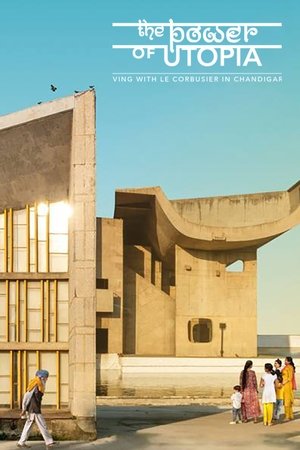 0.0
0.0The Power of Utopia: Living with Le Corbusier in Chandigarh(de)
With the construction of the Indian planned city of Chandigarh, the Swiss and French architect Le Corbusier completed his life's work 70 years ago. Chandigarh is a controversial synthesis of the arts, a bold utopia of modernity. The film accompanies four cultural workers who live in the planned city and reflects on Le Corbusier's legacy, utopian urban ideas and the cultural differences between East and West in an atmospherically dense narrative.
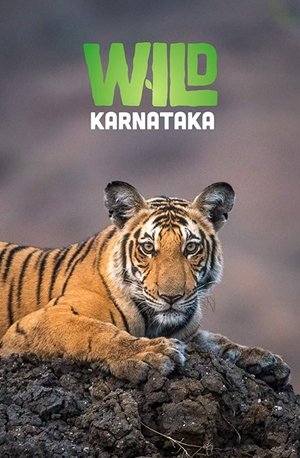 8.4
8.4Wild Karnataka(en)
An unprecedented UHD film on Karnataka's rich biodiversity narrated by David Attenborough. Portraying the state with highest number of tigers and elephants using the latest technology - a masterpiece showcasing the state, its flora, fauna.
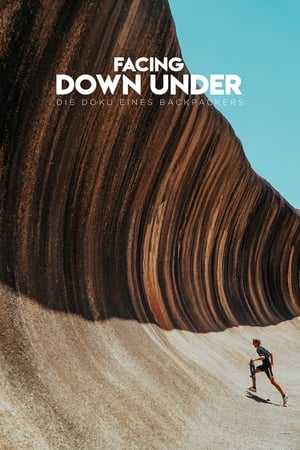 5.3
5.3Facing Down Under: A Backpackers Documentary(de)
A 19-year-old high school graduate travels through Australia as a backpacker and accompanies his adventure with a camera.
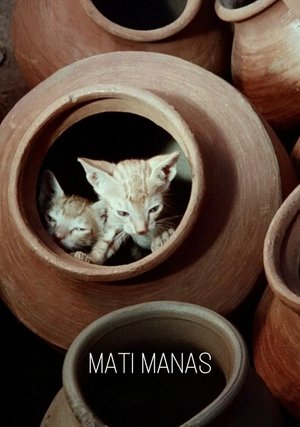 5.7
5.7Mind of Clay(hi)
In a poetic hour and a half, director Mani Kaul looks at the ancient art of making pottery from a wide variety of perspectives.
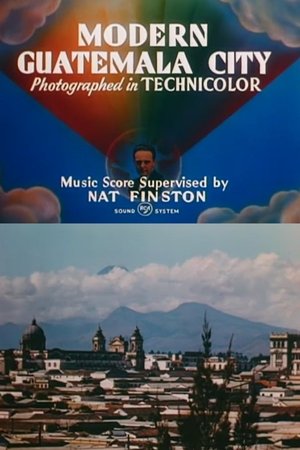 7.0
7.0Modern Guatemala City(en)
This FitzPatrick Traveltalk short visits Guatemala City, touching upon its sights, customs, and history.
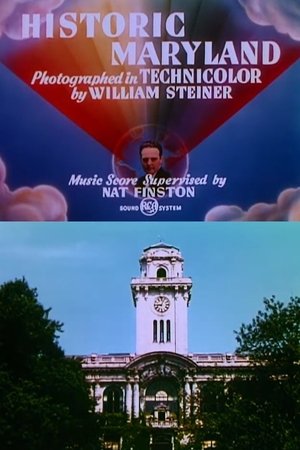 0.0
0.0Historic Maryland(en)
This Traveltalk series short highlights such Maryland destinations as Baltimore, Johns Hopkins, Annapolis, and Fort McHenry.
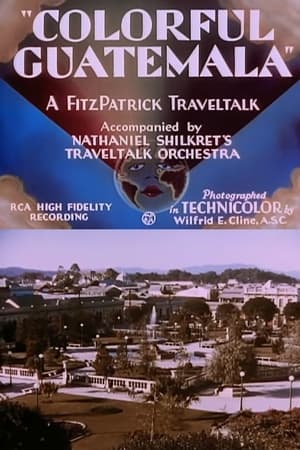 0.0
0.0Colorful Guatemala(en)
James A. FitzPatrick takes a look at colorful Guatemala.
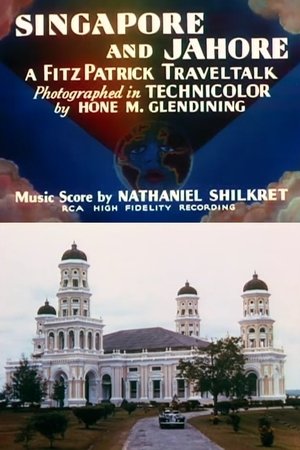 6.3
6.3Singapore and Jahore(en)
A visit to Singapore, an essential port city in Britain's empire, established in 1813 when Raffles negotiated its separation from the independent Malay state of Jahor. The camera observes Singapore's traditional neighborhoods, trade, and small craft, which are dominated by people of Chinese ancestry. Then, we drive the modern causeway to Jahor's small capital, Johor Bahru, for a look at imposing buildings and a visit to the grounds of the sultan. The sultan's son invites the crew in, and we meet the sultan, "H.H." himself. The narrator relates the sultan's commitment to commerce, economic well-being, and tolerance, stemming in part from his European education.
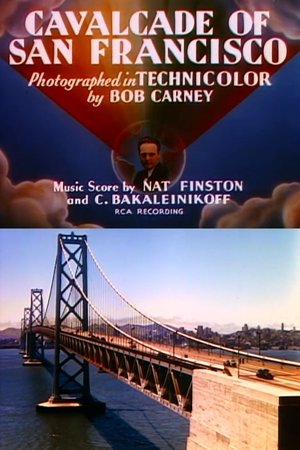 5.3
5.3Cavalcade of San Francisco(en)
This Traveltalk series short celebrates San Francisco, past and present.
Pretoria to Durban(en)
This Traveltalk series short gives a glimpse into South African history, albeit from a white person's viewpoint. South Africa is a union of four separate states: the Transvaal, the Orange Free State, Natal, and the Cape Provence.
Calling on Cape Town(en)
This Traveltalks short visits Cape Town, the legislative capital of South Africa.
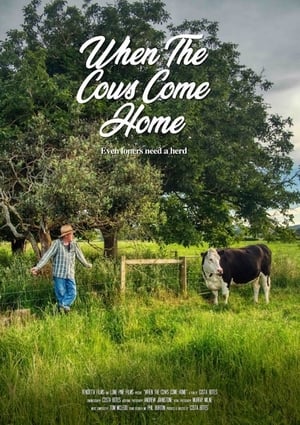 0.0
0.0When the Cows Come Home(en)
When the Cows Come Home introduces audiences to Tilly and Maggie, a pair of cows that musician, journalist, artist and cow whisperer, Andrew Johnstone has befriended and subsequently saved from slaughter. The garrulous herdsman is enthusiastic to expound his views on animal husbandry, bovine communication and the vagaries of life in general, before the film walks us back through the events that have shaped the singular farmer-philosopher. From personal family tragedy to warring with Catholic school authorities, innovating in Hamilton’s nascent music scene to creating guerrilla art installations; Johnstone’s life has had a truly idiosyncratic trajectory. Mental health issues may have seen him retreat to life on the farm, but the film makes clear its subject’s restless inquisitiveness is far from being put out to pasture.
 6.0
6.0Glimpses of Morocco and Algiers(en)
This FitzPatrick Traveltalk short visits the cities of Casablanca, Rabat, and Marrakesh in Morocco, as well as the city of Algiers in Algeria.
Life in the Andes(en)
The Andes Mountains travel the western side of South America. Unlike many other mountain ranges of their altitude, the Andes do support human life on their high altitude slopes. Modern life is slowly making its way to the high altitude Andes, but the natives for the most part continue with the traditional ways of their ancestors, growing limited crops such as beans and potatoes - where the crop originated - raising sheep and pigs, and living in crude huts. The llama is the most useful of their work animals. The most conspicuous aspect of the native dress is their derby hats, the origins which are unknown. Further down the slopes, agriculture and ranching is more productive and is carried out by descendants of the Spanish settlers. There is a famous lake district in the Chilean part of the Andes, where resort hotels are located.
Playlands of Michigan(en)
This Traveltalk series short visits several popular vacation spots in Michigan. Among them are Saugatuck, which hosts a school for artists during the summer; Zeeland, where descendants of Dutch settlers perform traditional Dutch dances wearing wooden shoes; the Silver Lake sand dunes, where specially outfitted cars race; and Colon, "The Magic Capitol of the World", which hosts an annual gathering of magicians.
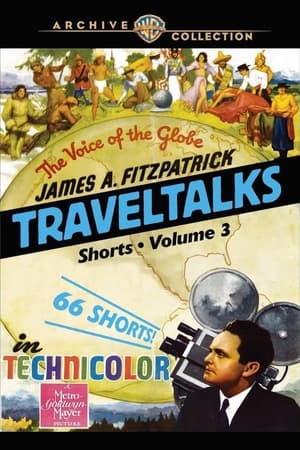 0.0
0.0From Liverpool to Stratford(en)
This Traveltalk series short visits several points of interest in England, including the port of Liverpool, war destruction at Coventry, the historic Warwick Castle, and Stratford-on-Avon, the birthplace of William Shakespeare.
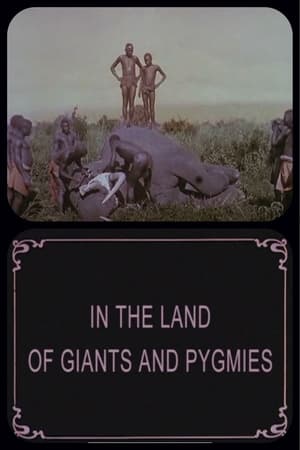 6.0
6.0In the Land of Giants and Pygmies(en)
IN THE LAND OF GIANT PYGMIES, a diary of Aurelio Rossi's 1925 trek into the immense Belgian Congo, preserves a long-gone-Colonial-era wonder at natural resources, "primitive" tribes, customs and costumes in Europe's cast African possessions, and implies that the "dark continent" could benefit from the "civilizing" influences of home.
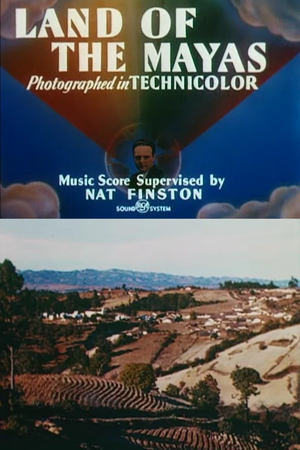 0.0
0.0Land of the Mayas(en)
This Traveltalk series short visits the village of Chichicastenango, Guatemala and emphasizes the influence of the Mayan culture on its people. It shows how the residents intermingle ancient religious practices with Catholic teachings. Narrator James FitzPatrick introduces, and greets on camera, Father Ildefonso Rossbach, a Catholic priest who ministers to the local population in the village and outlying areas.
